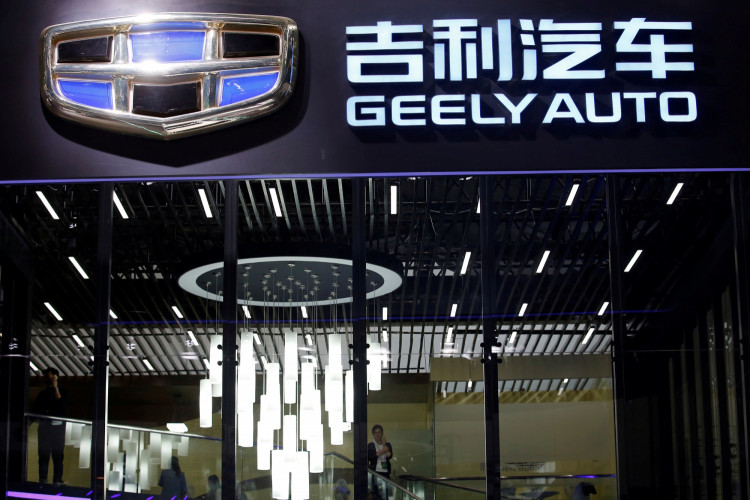In a significant move to bolster its domestic electric vehicle (EV) industry, Indonesia has reached out to Chinese automaker Geely Automotive Holdings. The Southeast Asian nation aims to collaborate with Geely to produce a homegrown electric car by 2025 or 2026, marking a pivotal step in Indonesia's journey towards sustainable transportation.
The revelation came from Minister Luhut Pandjaitan, who oversees natural resources and investment regulations in Indonesia. Speaking at a seminar, Pandjaitan disclosed that Geely had expressed interest in the proposal and had agreed to the collaboration. While Geely has yet to issue an official statement in response to Reuters' inquiries, the news has generated significant interest in the automotive and investment communities.
Pandjaitan elaborated on the nature of the collaboration, stating that he had proposed to Geely the opportunity to manufacture cars in Indonesia under an indigenous brand. Furthermore, he emphasized the importance of conducting research within the country, ensuring that Indonesia remains at the forefront of the development process.
A key component of the partnership revolves around Indonesia's abundant nickel reserves. Nickel plays a crucial role in the production of EV batteries, and Indonesia's rich deposits make it an attractive partner for automakers globally. Pandjaitan highlighted that while Geely would have access to the nation's nickel ore, the research and development aspect of the collaboration must be spearheaded by Indonesia.
The move is part of Indonesia's broader strategy to attract investments from global EV manufacturers. By leveraging its nickel reserves, the country aims to position itself as a pivotal player in the EV battery supply chain. Recent developments have seen commitments from Vietnamese EV company VinFast, which announced a long-term investment of approximately US$1.2 billion in Indonesia. This investment encompasses the establishment of a production facility set to begin operations in 2026. Additionally, Hozon New Energy Automobile of China and Mitsubishi Motors of Japan have also pledged investments in Indonesia's EV production.
However, the road has not been entirely smooth for Indonesia. While the nation has seen interest from several companies, its efforts to secure investments from major EV players like Tesla and China's BYD Group have yet to bear fruit. The government remains persistent in its endeavors to attract these industry giants.
In conclusion, Indonesia's partnership with Geely signifies a major milestone in the nation's ambition to become a dominant player in the EV industry. By combining its natural resources with Geely's automotive expertise, Indonesia is poised to make significant strides in sustainable transportation, setting the stage for a greener future.






